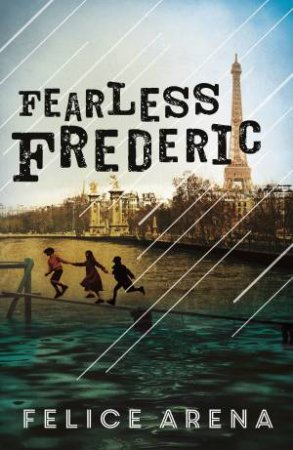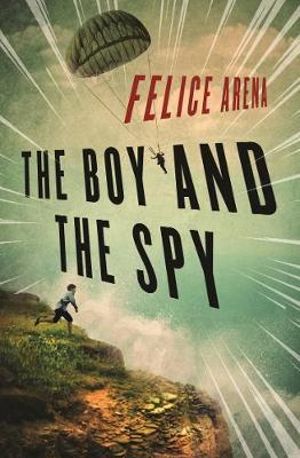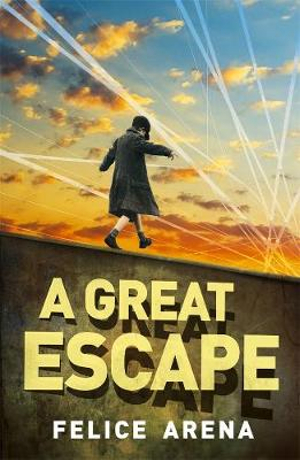



Great News!
All three of these Felice Arena books are on both the Premier's and Wyvern Challenges.
PRC ID Numbers
Fearless Frederic PRC ID 23177
The Boy and the Spy PRC ID 5075
The Great Escape PRC ID 587855

Each week after completing your reading of your chosen Historical Fiction novel, choose one of the following prompts to complete your Reading Reflection sheet.
1. Write down something you learned or discovered about the historical background of your book while reading today.
2. Make a prediction of what you think will happen next in the story.
3. What was most surprising or intriguing in your reading today?
4. Finish this sentence. Today's reading was important to the storyline because..............
5. Think about your reading today. Can you make a connection to yourself or the wider world or another text you have read? Choose one to use to write your prompt.
6. Choose one of the main characters. Explain two things you have learned about them.
7. Compose a question you have about the reading today.
8. Explain one thing that you have learned so far about the time period that you are not likely to forget.
9. Characters in Historical novels can be real people from history. Name a Real Person mentioned in your reading. What was told about this person in the reading?